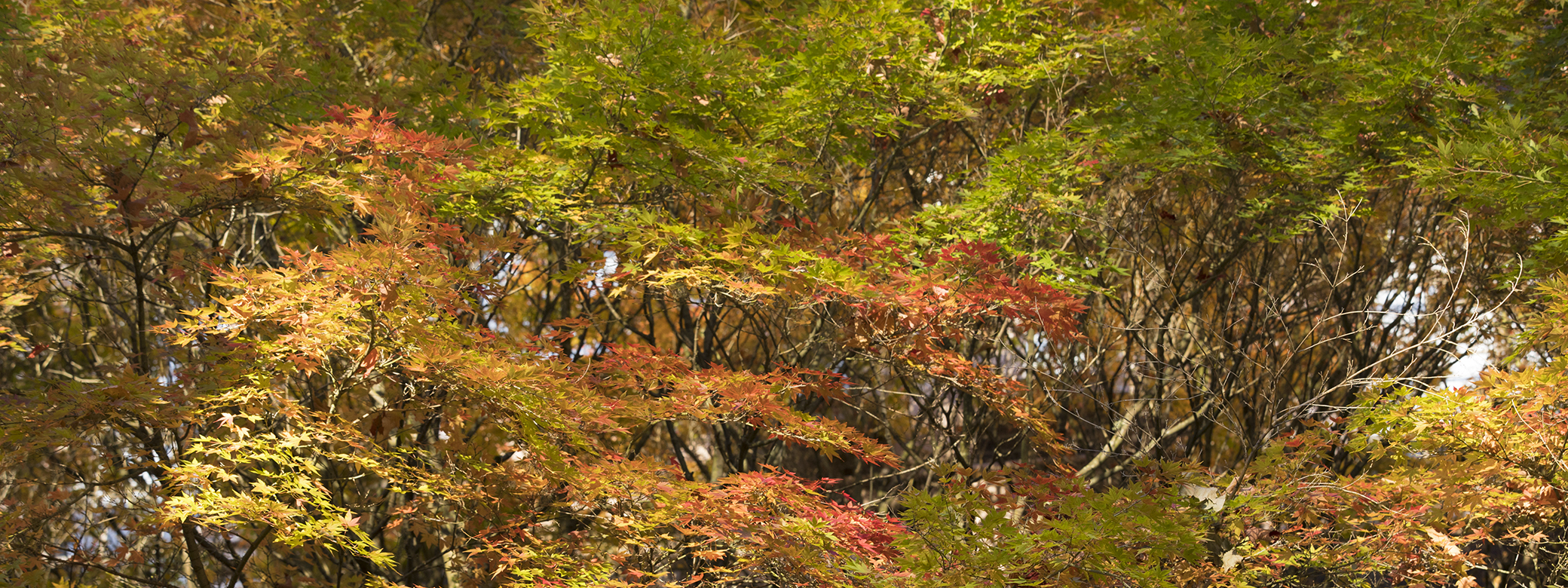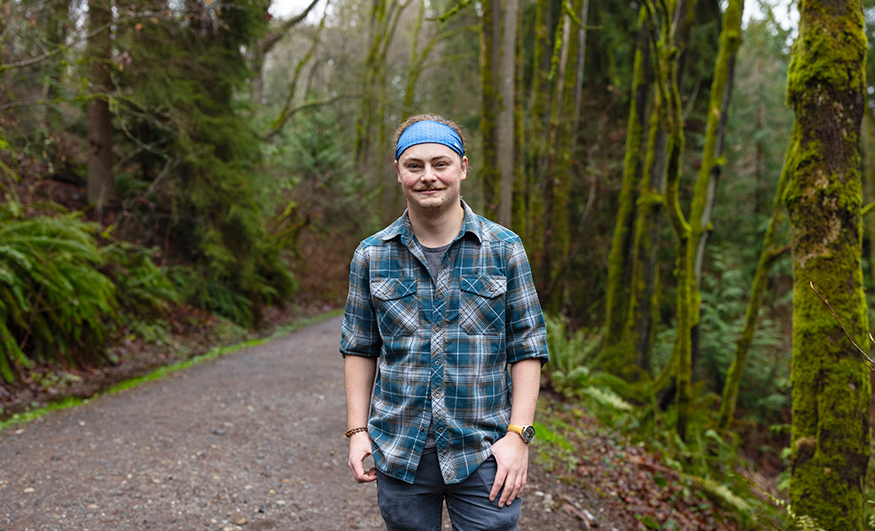
Wilderness does not mean the same thing to everyone. The first white settlers in America viewed wilderness as something to be conquered and civilized. Today, many people imagine pristine places untouched by humans, or areas with an official “wilderness” designation.
Arthur Obst has a different perspective.
Obst, an environmental philosophy doctoral student at the University of Washington, rejects the notion of purity as a requirement for wilderness. He reasons that climate change and other human impacts have affected the surface of the entire planet, and many places thought of as wilderness have been home to Indigenous people for a very long time. He is currently writing a dissertation that explores various views on wilderness and the implications of those views.
Is Wilderness Dead?
Obst, whose parents were elite whitewater paddlers, has enjoyed many outdoor adventures since childhood. He’s happy to talk about his own wilderness experiences, but in his research, he prefers the term “wildness.” The wild, he explains, denotes the self-willed — nature allowed to express itself freely.
“It’s a way of being precise in what I mean about wilderness and why it matters,” he says. “Also, wildness can come in degrees. It’s not that you either have it or you don’t.”
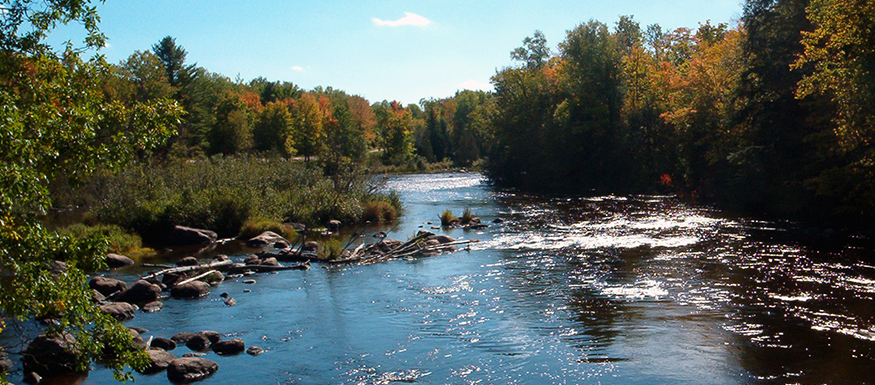
That belief is at odds with some contemporary philosophers who see wilderness and wildness as outdated concepts. They argue that wildness no longer exists since every place on Earth has been impacted by humans, and they see invasive interventions into wild nature as the only way forward. “They believe we have the capacity to do this with our technologies," says Obst, "and that we just need to have the bold chutzpah to do it right.”
Obst disagrees. What’s lacking in this argument, he says, is humility. He encourages technological humility — the realization that attempts to use technology to intervene in environmental issues might not go as expected — and moral humility, which involves questioning whether we are valuing the right things.
“Human beings feel more comfortable when they’re in control, but oftentimes it doesn’t turn out better,” says Obst. “There’s an arrogance in thinking that there are simple cause-effect relationships when we intervene. The world is a lot messier than that.”
Rewilding and the Golden Mean
Obst suggests a different approach, which starts with redefining wildness. He believes wildness can be found anywhere, not just in designated wilderness areas. A backyard, a city park, an abandoned rail line. And he believes that formerly very wild places can be returned to wildness with a little help, known as rewilding.

The term “rewilding” was first coined by Earth First! founder Dave Foreman. “It’s similar to restoration in the sense of restoring an ecosystem to its historical baseline,” Obst explains, “except historical fidelity isn’t always as important. Rather, rewilding tends to be more forward-looking, choosing to ask instead what we might do to facilitate life flourishing once again.” Obst adds that environmental techniques requiring constant maintenance are discouraged. “Rewilding centers on eventually letting go,” he says. “There can be intervention, but it’s in service of wildness that will then take on its own life. Even in cities, there are opportunities for rewilding. There are ways to make cities more bird-friendly, and to help fauna — by reducing lighting at night, for example.”
Even within conservation circles, there are differing views on wildness. Some environmentalists believe we have an obligation to respect wildness by leaving the wildness that remains alone. Others see value in intervening in the short term to increase wildness in the long run. Obst is in the latter camp, and points to the reintroduction of wolves to Yellowstone as an example. The return of wolves rebalanced Yellowstone’s elk and deer populations and ended overgrazing, which stabilized riverbanks. Songbirds and foxes and other creatures returned.
I believe that philosophy should change the way you live your life. It should have that transformative value. If it doesn’t, I don’t know what we’re doing philosophy for.
“It had these really wide-reaching beneficial impacts on wildness, even though it required impinging on wildness in the short term to make that happen,” says Obst. “It’s about finding what Aristotle called a golden mean between two extremes — in this case, between always trying to intervene and never intervening. But given that we live in a society that tends to believe control is the answer, I would say there should be a presumption in favor of as much non-intervention as possible. But of course things get messy when it comes to the details.”
Obst has met with leaders in the rewilding movement to learn how they navigate those messy details. With support from the Melvin Rader Endowed Fund in the UW Department of Philosophy, he traveled to Scotland to meet with leaders in the rewilding movement there, and continued on to an environmental ethics conference in Finland. His networking at that conference led to a research collaboration with a European colleague to compare European and North American models of rewilding.
The Rader endowment also enabled Obst to present his research at Philosophy in the Wild, an environmental philosophy conference held at a campground in Pennsylvania — a non-traditional conference setting uniquely suited to the topic. “The Rader award was absolutely essential for all of this,” Obst says. “I could not have done any of it without that support.”
Obst hopes that his research will not only contribute to the conversation about wildness but also encourage changes in behavior — both his own and the behavior of others. To that end, he looks forward to participating in environmental justice efforts and writing about wildness and environmental philosophy for audiences beyond the academic community. Dialogues on Climate Justice, a book he wrote with UW Philosophy Professor Stephen Gardiner, is a great start. (See sidebar.)
“I believe that philosophy should change the way you live your life,” Obst says. “It should have that transformative value. If it doesn’t, I don’t know what we’re doing philosophy for.”
More Stories
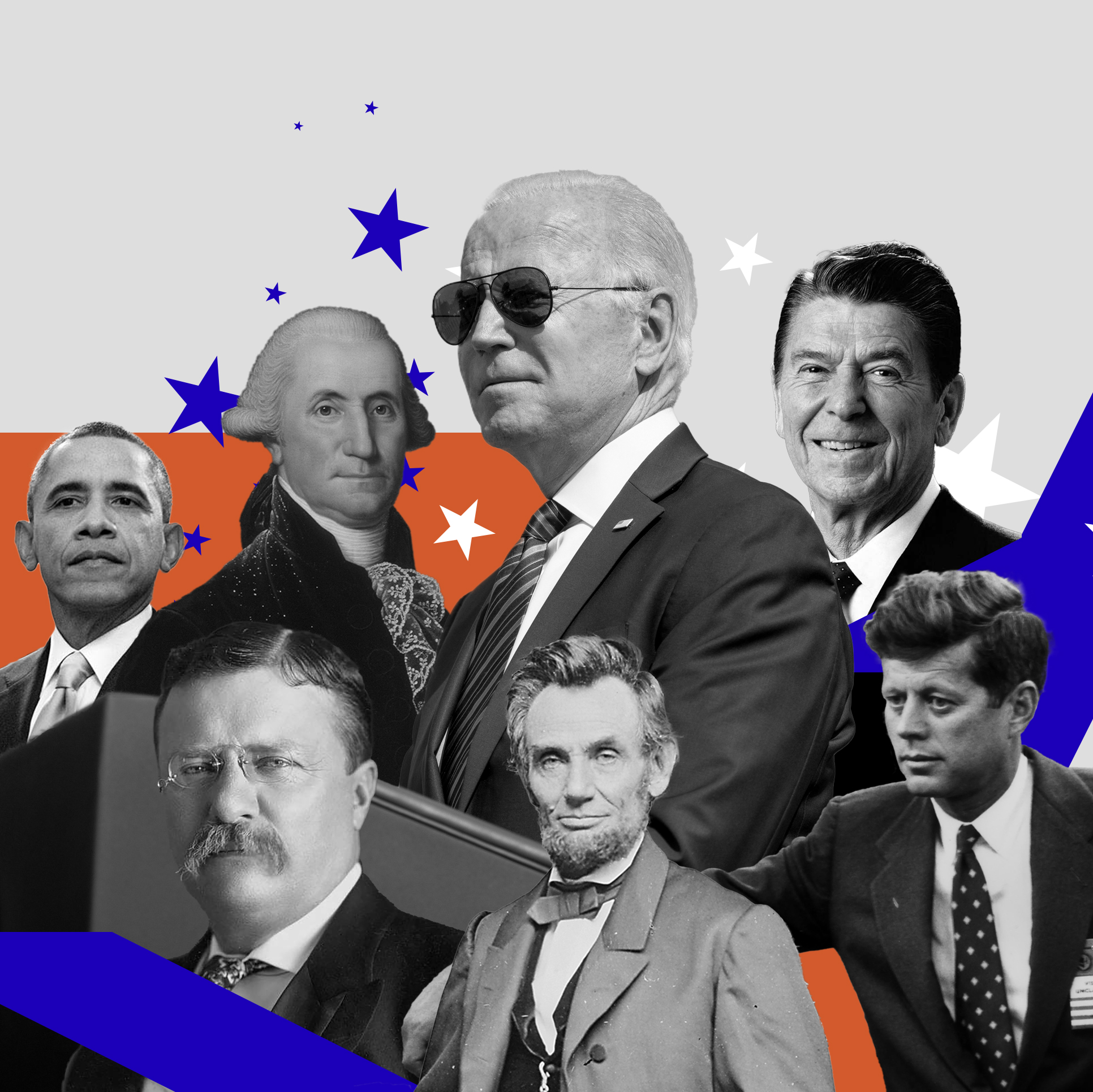
Is This Presidential Campaign Different?
UW History professor Margaret O'Mara provides historical context for this moment in US presidential politics.
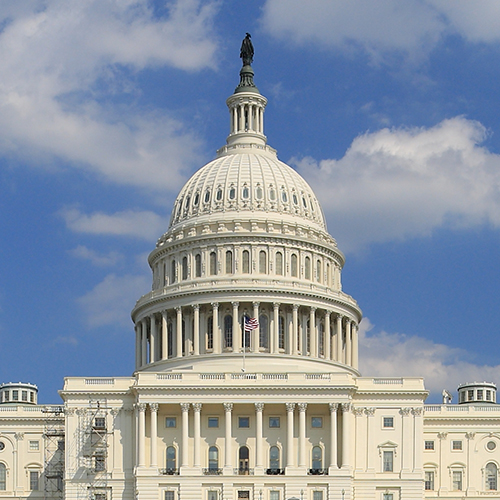
Making Sense of This Political Moment
To navigate this momentous election season, Arts & Sciences faculty suggest 10 books about the US political landscape.
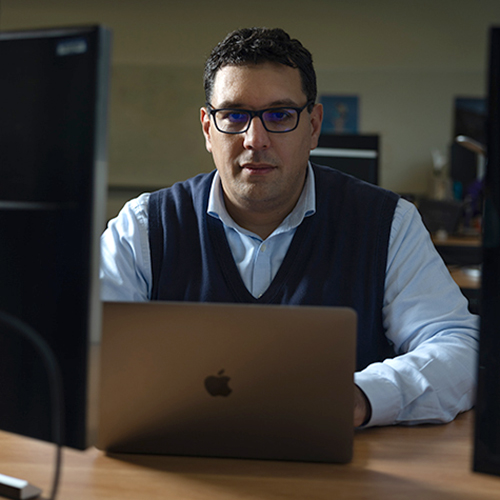
A Statistician Weighs in on AI
Statistics professor Zaid Harchaoui, working at the intersection of statistics and computing, explores what AI models do well, where they fall short, and why.
